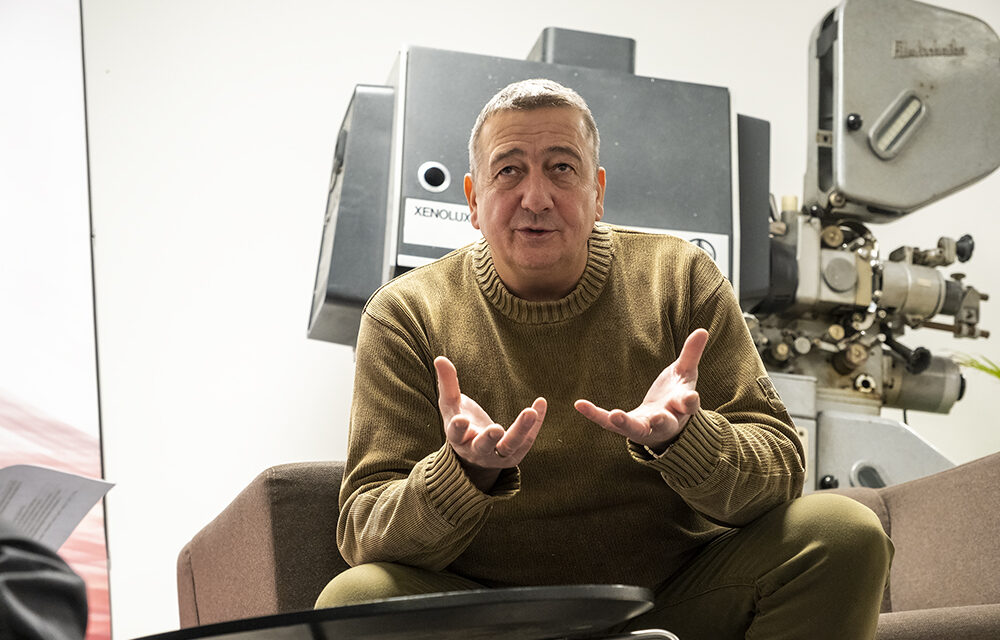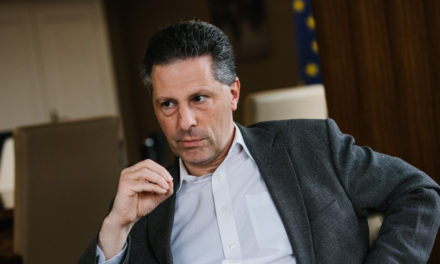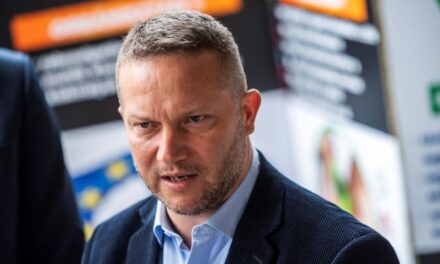Easy times create weak people, weak people bring hard times.
Make it a round number for simplicity. The XX. dawn of the century, 1900.
Let's look at a one-time Hungarian who was born in 1900. In the year of his birth, the "happy times of peace" are slowly trickling down. The Monarchy introduces the golden crown, the Persian Shah visits Budapest - there is nothing to see here, please. He was fourteen years old when the First World War struck. They promise him that his father will be home by autumn, when the leaves fall at the latest.
Hey kitty, I'm eating that little mouth of yours…
Then four years later, at the age of eighteen, there is a good chance that even he will be taken somewhere to the Isonzó.
Just pull it, until dawn! Pull until it dawns in my heart too!
He survives. He comes home. The nightmare and nightmare of the Council Republic (rat riot) awaits you here. In his village, Szamuely hangs the priest, the judge, the "kulak". Then comes the horror of Trianon. At the Orpheum in Pest, the great is jumping into the double bass while the world is falling to pieces. If our one-time Hungarian is from the Highlands, Southern Region, Transylvania, Transcarpathia or even Burgenland, he suddenly finds himself in another country. Moreover. And here and there a bit of displacement, "population change", ethnic-based persecution, humiliation is still waiting for him - things like that, which in themselves are enough for a whole lifetime of horror. However, he started a family in his twenties, and his children came one after the other. Let's say three or four between 1930 and 1940.
Oh, kitty, I'm eating that little mouth of yours! / Even heaven hurts without you! / I'm not going there alone! / I won't leave you, not me, never!
For some reason, she never ponders whether it is necessary, whether it is allowed, and above all, whether it is "worth it" to have a child. There are no such questions or doubts. But there are children. And the difficult but beautiful life.
And almost everything is straightened out when World War II hits. A man of his age, he is being taken to the front. He gets to the Don bend, sees his comrades freeze in the snow, sees gangrenous, rotting wounds, knows the greatest silence on earth, the silent sobs of men, and the taste of the last cigarette remains in his mouth forever.
He survives. He comes home. Back home, the blue-label election awaits, followed by the darkest communist terror, if our Hungarians once had a few hectares of land, they suddenly become kulaks and lose everything, they can go to Recsk or Málenkij robot somewhere in Uszty Umcsuk, the Gulag archipelago, oh, it's wonderful... But maybe, the fact that she lived with her four children in a three-room apartment in Budapest is still suspicious, two of the three rooms are taken from her, a reliable comrade moves in with her, and she becomes unreliable at best, or becomes a class stranger, a war criminal "petty citizen". In the meantime, he is rebuilding the country that has been destroyed. With both hands.
He is still a man of prime age when the miracle of 1956 comes to him. He fights through it, too, but at least he "ends up". And at dawn, he watches and hears the approaching tanks and the rumble of the tracks. “…Our forces are in battle…” If only not.
Many of his extended family, acquaintances, and friends are arrested, while others receive long years in prison. He narrowly escapes. Then he rebuilds the country. He retires in the mid-sixties. In the evenings, he listens to Free Europe in a very low voice, and with his wife's bandage in his lap, he looks ahead for a long time more and more often, the children and grandchildren are waiting. He is seventy-seven when he dies.
You ragged life, foolish life! / What makes you so sweet as honey? / You ragged life, foolish life! / To get rid of you, God, how difficult!
Her children, who were born sometime between 1930 and 1940, spent their childhood or infancy hiding in dark basements, hiding in the arms of their mother, who softly hummed to them and swallowed her tears in the sound of screeching bombs and explosions. Those children were starving, and their mother was hiding in the cot of the youngest son, born in 1940, in the basement, when the first Russians with cut eyes broke in. Then they finally got out of the basement. And they continued to starve.
They were afraid of black cars, they finished school, they were lied to all the time, but they quickly learned to deal with it all.
The youngest boy is sixteen years old when he arrives in 1956. His parents try to keep him at home, but he runs away to the street because he wants to see the miracle. And he sees it. Her sisters see it too. After November 4th, his father takes him to the border zone so that he can go, at least he can live a normal life. The boy runs across, then back. Unable to leave. It stays. "Dream, dream, sweet dream, dream image / We dream that we will be each other again / Angels, when they look down on us, whisper / Behold, there is heavenly happiness on Earth too."
It stays. He's starving a little more, helping his father rebuild this country. He can never go to higher school, as he is a "class stranger". But he gets ahead. He was twenty when his first child was born, and his siblings also had their first at that time. Then the second one. But no more. If he behaves well, he gets a blue passport every five or three years to visit his relatives in East Germany. Of course, the whole family never gets a passport at the same time. It should just be…
In the 1970s, he started building houses. In the mid-eighties, he buys his first car, a sand-colored Zsiguli 1200, registration number UM-86-24. He works his way through life. He doesn't lie, he doesn't bargain, he doesn't enter. After he retires, for some reason, his nerves break down. He sleeps forever at the age of 83.
You think that the yellow rose will still bloom, / You think that we listen to the lying word, / You think that we always forgive everything, / You think that we deny all our dreams, / All our dreams.
His children, born in the 1960s, grew up in the late Kádár era, made up of lies and silence. At the age of six, they learned that what is said at home is not discussed beyond the door of the apartment. There is a Christmas tree party at school, Christmas at home and an angel from Heaven. At a well-known high school in Buda, he makes lifelong friendships, Pink Floyd goes to house parties at dawn, they also start learning English by translating Pink Floyd lyrics with the help of the great Országh-style English-Hungarian.
Daddy's flown across the ocean / Leaving just a memory / A snapshot in the family album / Daddy, what else did you leave for me?
And the grandchildren's generation could already go to higher education. And the eighties came, the grandchildren enthusiastically changed the system. When they were in their thirties, they started a family and had their first child - who was probably also their last, respect for the exception. Yes. A hundred years have just passed since the birth of the great-grandparents. And in 2000, the generation of great-grandchildren was born.
He is now in his early twenties. His great-grandfather survived the First World War, the Rat Rebellion and Trianon at this age, and had his first child around this time.
The great-grandson is hesitant. He basically has no idea about anything. He doesn't care about the past, he's such a boomer, he doesn't care about the future, he's a child of the moment. His biggest problem is whether he can get a soy latte without everything, and then is he actually a boy or a girl? Not to mention that the cows are farting too much, what will happen to the Earth?
And those who are infected with blood and those who play with hamsters should be freed, because this oppression, this dictatorship, is intolerable. Dictatorship, where they look, life is unbearable, the pressure is huge, at school you have to memorize a poem a year - but why? You can't live like this.
Good thing we managed to get tickets for Azariah. He sings the Krúbi for them:
But if you were to bark at him, you'd better think about it / Because he'll look for your parents' home in the evening / He'll go in through the doggy door, slobbering at you / And he'll lick your mother's forehead.
Well, that's why it was really worth it...
"Difficult times create strong people. Strong people bring easy times. Easy times breed weak people. Weak people bring hard times.”
The truth of this has perhaps never been more tangible than today.
Featured image: Civilek.info/Péter Mészáros













